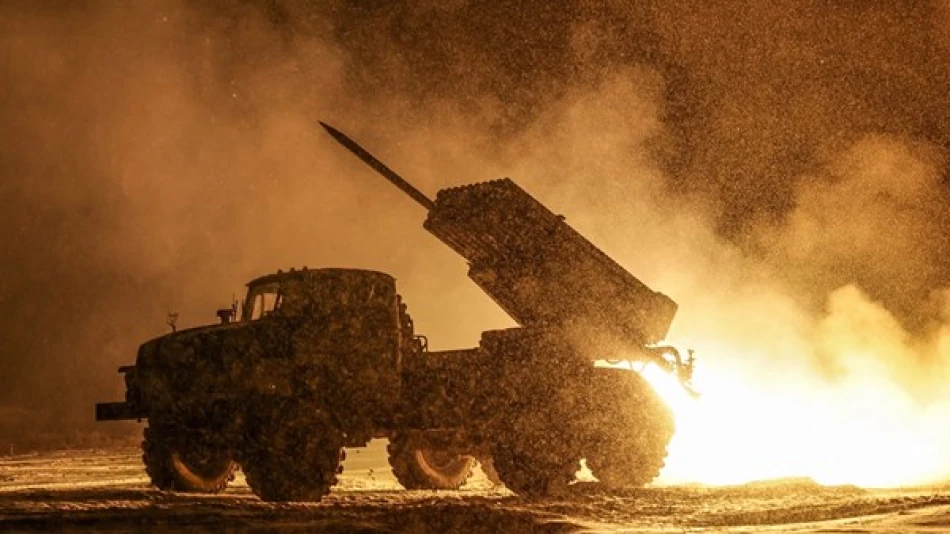
Russia Responds to U.S. Arms Deliveries to Ukraine
Trump's Ukraine Arms Pivot Signals Deeper US-Europe Cost-Sharing Strategy
The Kremlin confirmed Monday that American weapons shipments to Ukraine continue unabated, even as President Donald Trump signals a major shift in financing arrangements that would see Europe foot the bill for advanced Patriot missile systems. The move represents a calculated recalibration of Western military support rather than a reduction, potentially reshaping the financial burden of Ukraine's defense while maintaining weapons flow.
Europe Takes the Check, America Supplies the Arsenal
Russian presidential spokesperson Dmitry Peskov acknowledged the evolving payment structure, noting that "Europe will now pay the cost of these supplies—some will be paid for, others will not." However, he emphasized that the fundamental reality remains unchanged: "The supply of weapons, ammunition, and military equipment from the United States to Ukraine has been continuous and will remain so."
Trump's approach appears to address long-standing American concerns about burden-sharing within NATO while avoiding the politically damaging optics of abandoning Ukraine entirely. By shifting costs to European allies, the administration can maintain military support levels while appealing to domestic audiences concerned about overseas spending.
Strategic Weapons Upgrade Contradicts Campaign Rhetoric
According to reports from Axios, Trump is expected to announce plans for supplying Ukraine with offensive weapons—a significant departure from his previous campaign positions. This shift suggests that geopolitical realities have influenced the new administration's approach more than electoral promises.
The focus on Patriot missile systems is particularly significant. These advanced air defense platforms, costing approximately $4 million per interceptor missile, represent some of the most sophisticated Western military technology. Their continued provision indicates sustained American commitment to Ukraine's air defense capabilities, even as financing mechanisms evolve.
Stalled Peace Talks Reveal Strategic Calculations
Peskov's comments on peace negotiations offer insight into current diplomatic dynamics. He stated that Kyiv appears to be "in no hurry" regarding a third round of peace talks, while Russia claims readiness and awaits clarity on timing from Ukraine.
This diplomatic positioning likely reflects both sides' assessment of battlefield conditions and international support levels. Ukraine's apparent reluctance to rush into negotiations may stem from expectations that continued Western military aid—regardless of who pays for it—could improve their negotiating position.
Market and Geopolitical Implications
The cost-sharing arrangement could establish a precedent for future American security commitments globally. Defense contractors may benefit from maintained order volumes while European taxpayers absorb costs, potentially creating new tensions within the transatlantic alliance.
For energy markets, continued weapons flows suggest prolonged conflict duration, maintaining pressure on global commodity prices and supply chains. European governments will need to balance increased defense spending with domestic economic priorities, potentially affecting fiscal policies across the continent.
This financing model may also influence other regional conflicts where America provides military hardware while allies bear costs—a template that could extend beyond Ukraine to other strategic partnerships worldwide.
Most Viewed News

 Layla Al Mansoori
Layla Al Mansoori






